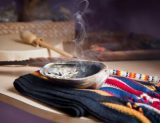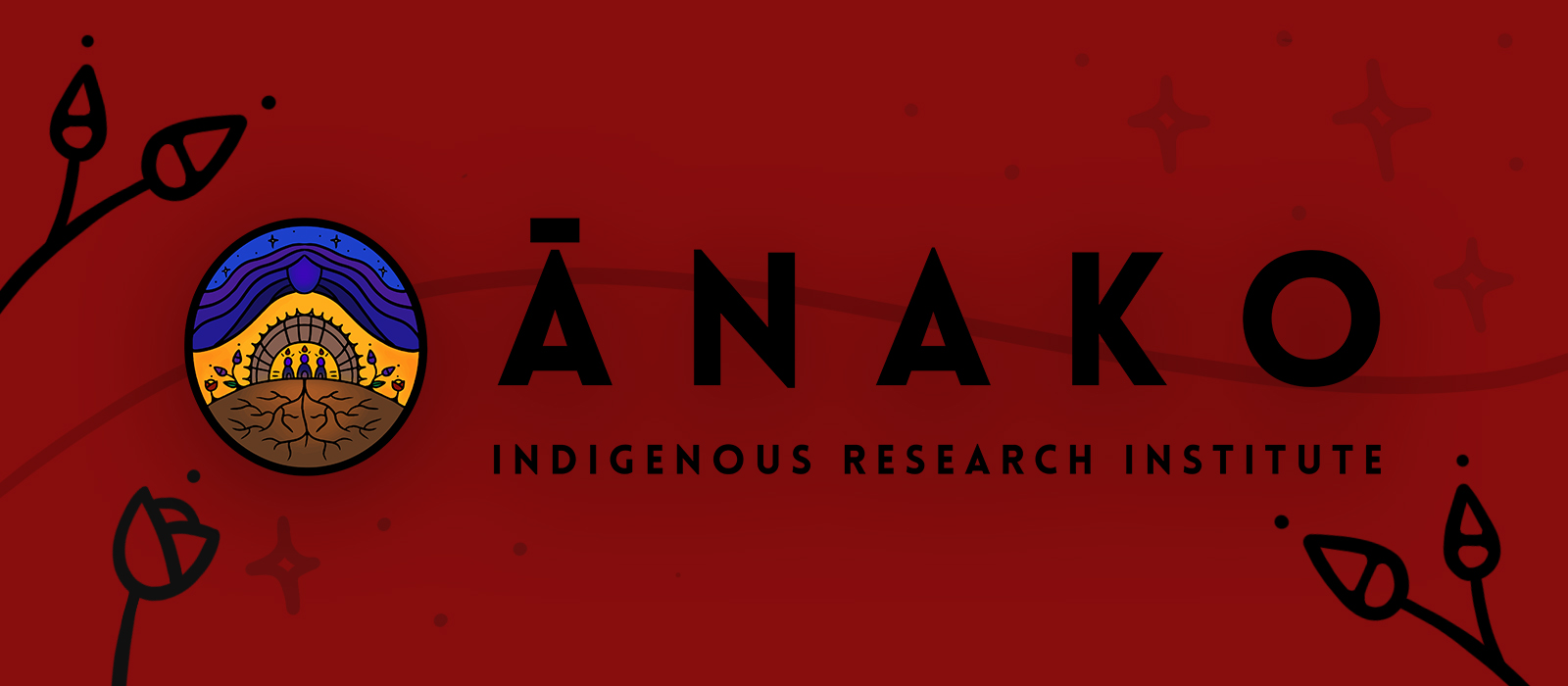Indigenous Research Resources
Indigenous research engages Indigenous persons as investigators or partners to produce knowledge or tackle issues that are of significance for Indigenous peoples and communities.
Historically, research on Indigenous communities has often been a violent process through which western academics have entered Indigenous communities and extracted knowledge for their own gain with little care or concern for the health, needs or wants of Indigenous peoples (Chilisa, 2019, & Smith, 2010). Through these processes, Indigenous ways of knowing were also positioned as inferior to western forms of knowledge production (Smith, 2010). In response to this violence, ethical guidelines and Indigenous research methodologies have emerged as a means of asserting Indigenous rights, agency, and ways of knowing through the research process (Weber-Pillwax, 2001).
Ānako encourages all those undertaking Indigenous research to familiarize themselves with the following responsibilities and ethical guidelines:
- Canadian Tri-Council Policy Statement 2, Chapter 9: Research Involving the First Nations, Inuit and Métis Peoples of Canada
- The First Nations Information Governance Centre’s Ownership, Control, Access, and Possession Report (OCAP)
- The Inuit Tapiriit Kanatami’s National Inuit Strategy on Research
- Universities Canada’s Principles on Indigenous Education
- United Nations Declaration on the Rights of Indigenous Peoples
Community and Online Resources
- Kinàmàgawin Report (2020), Indigenization Initiative
- Kinàmàgawin Progress Report (2022)
- New Names for New Times Initiative, (2021)
- Guidelines for Working with Elders & Knowledge Keepers (Centre for Indigenous Support and Community Engagement, Carleton University)
- Research with Indigenous Communities (Centre for Studies on Poverty & Social Citizenship, Carleton University)
- Doing Indigenous Research in a Good Way (Memorial University)
- Indigenous Research Resources (Lakehead University)
- When Research is Relational: Supporting the Research Practices of Indigenous Studies Scholars (ITHAKA S+R)
Campus Resources

School of Canadian Studies: Offers a broad range of interdisciplinary undergraduate & graduate courses.

Centre for Indigenous Support and Community Engagement: Supports First Nation, Métis and Inuit peoples who work and study at Carleton.

MacOdrum Library: The heart of Carleton, MacOdrum Library is a place to access information but is also a space for our community to gather and learn.

Carleton Research: Research stories and news from the Office of the Vice-President of Research and International.

Carleton Office for Research Initiatives & Services: Supports for the Carleton research community including strengthening grant applications and facilitating services.
Research Theory and Methodology Resource Page
Migwetch, Niá:wen, Maarsii and thank you for your interest in conducting ethical and responsible Indigenous research!
